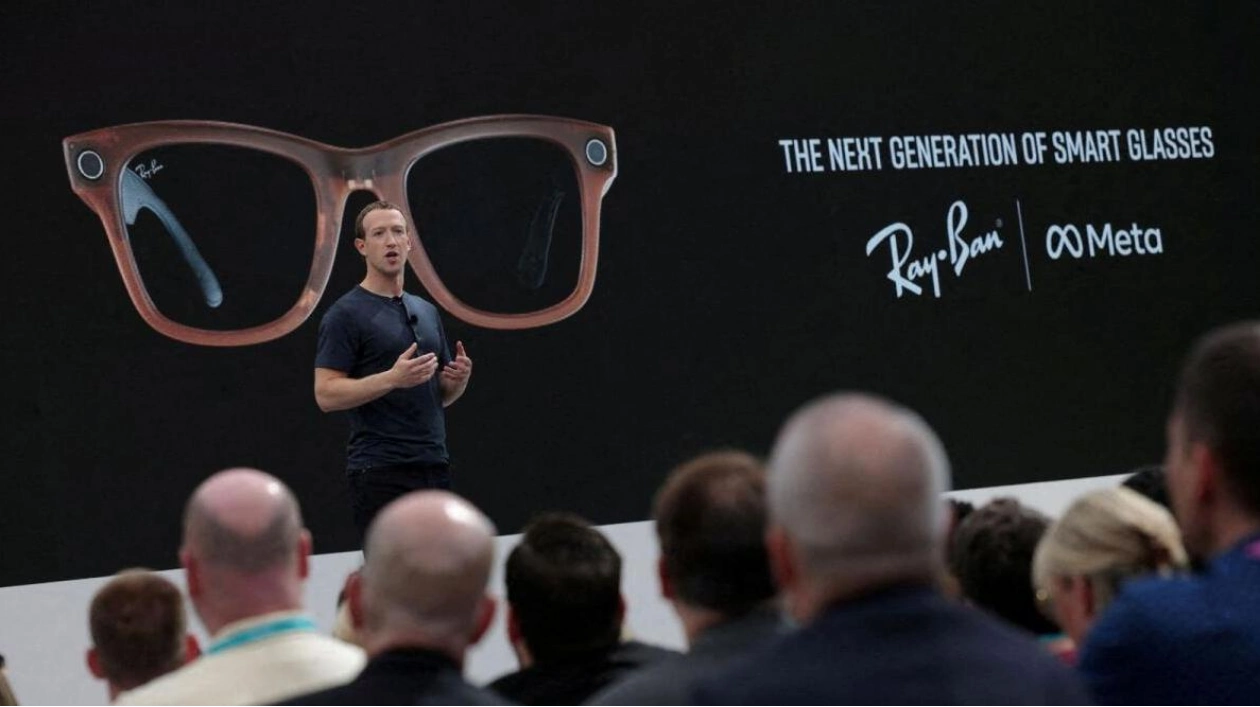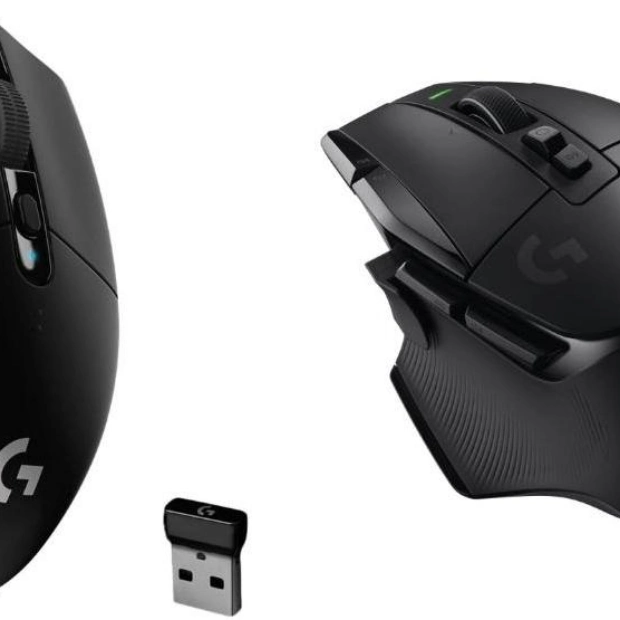Meta, the owner of Facebook, is set to launch its annual Connect conference at its California headquarters on Wednesday. The event is expected to showcase the company's first augmented reality (AR) glasses and announce updates to its existing virtual reality (VR) and artificial intelligence (AI) products.
Among the AI updates, users will have the option to select a voice for Meta's ChatGPT-like chatbot, including celebrity voices such as Judi Dench and John Cena, according to Reuters.
The AR reveal has been a long-term goal for Meta CEO Mark Zuckerberg, who has positioned AR technology as a cornerstone of the company's shift towards building immersive 'metaverse' systems since 2021. However, Meta has faced technical hurdles with its AR project, with the head of its metaverse-focused Reality Labs division acknowledging last year that a viable product is still several years away.
The company has invested tens of billions of dollars in AI, AR, and other metaverse technologies, driving its capital expenditure forecast for 2024 to a record high of between $37 billion and $40 billion. Its metaverse unit, Reality Labs, lost $8.3 billion in the first half of this year and $16 billion last year.
The first generation of AR glasses is planned for internal distribution and to a select group of developers, with each device costing tens of thousands of dollars to produce. Meta aims to release commercial AR glasses to consumers in 2027, by which time technical advancements should reduce production costs.
Meanwhile, Meta has found interim success with its camera-equipped Ray-Ban Meta smart glasses. Last year, the company added an AI-powered digital assistant to the glasses, making them the most popular AI wearable on the market. Meta has extended its partnership with Ray-Ban maker EssilorLuxottica and is considering an investment in the eyewear company, sparking speculation that the AR glasses may also bear the Ray-Ban name.
Meta's roadmap for the smart glasses includes plans for a next-generation model featuring a viewfinder capable of displaying basic text and images. The company has been shipping software updates to enhance the AI assistant's capabilities on the existing glasses, including an April update that enabled the agent to identify and converse about objects seen by the wearer.






